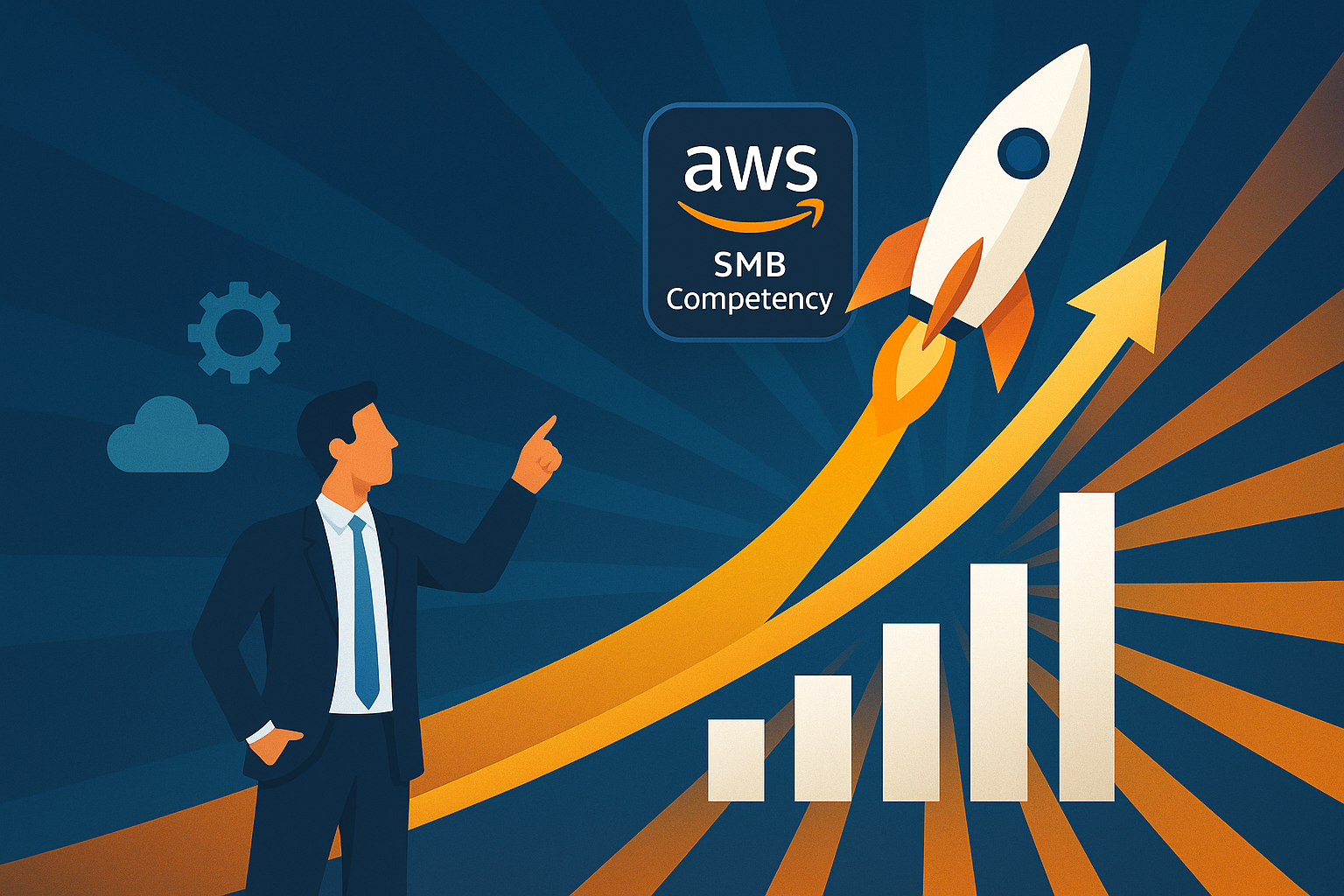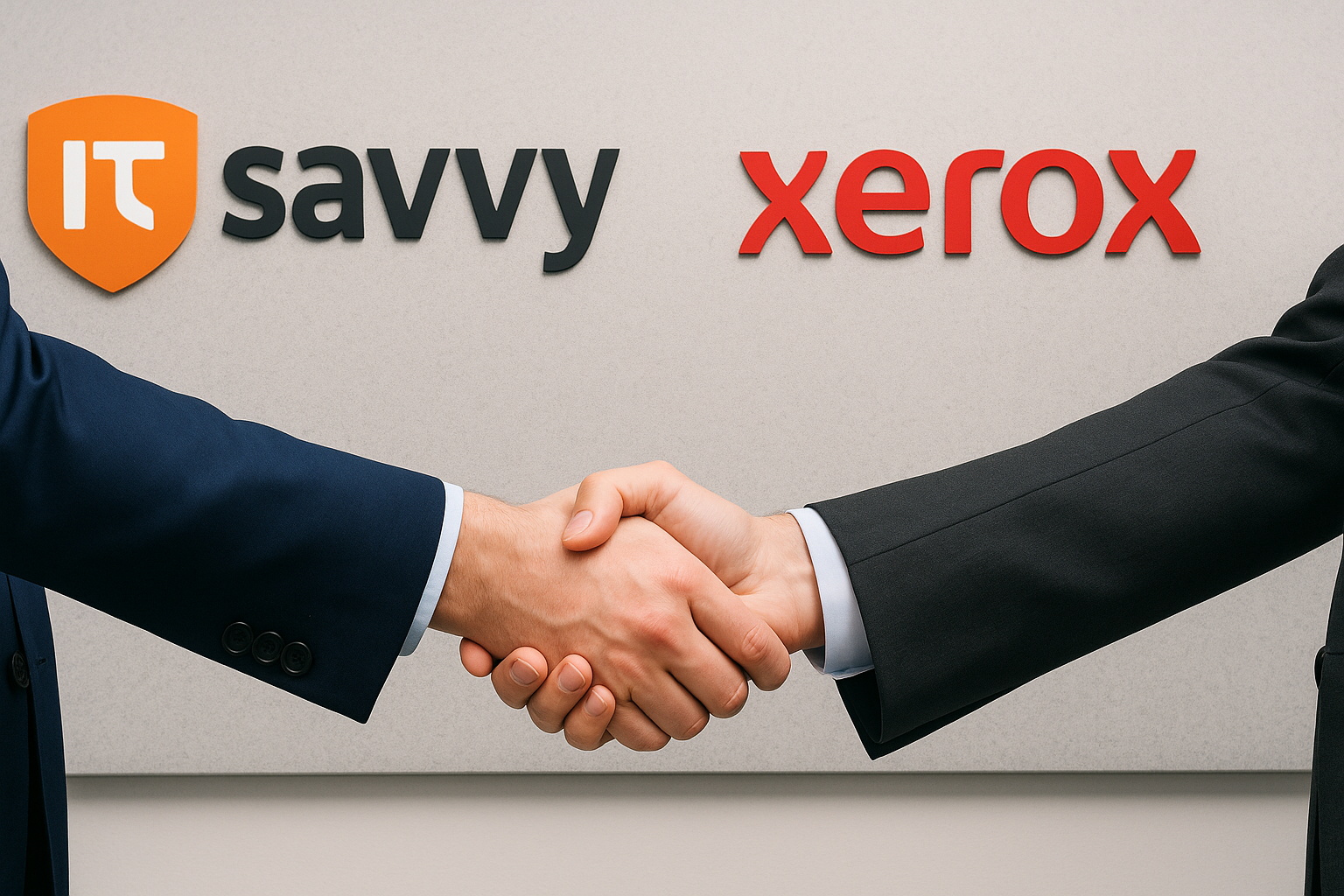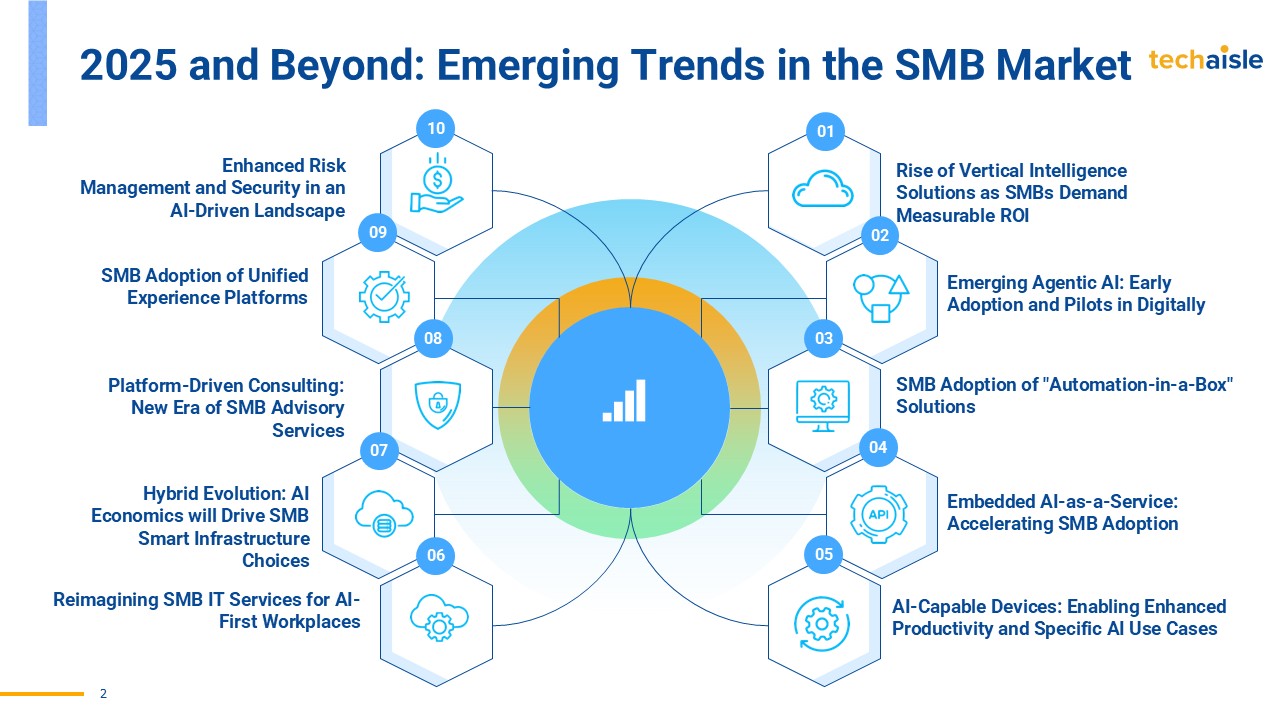The accelerating pace of technological evolution has undeniably cemented information technology's role as a fundamental driver of success across the business spectrum. However, within the dynamic SMB and mid-market segments, the intricate dependencies and escalating complexities of IT infrastructure and application portfolios present perhaps the most significant challenges. As these organizations grapple with managing an ever-widening array of sophisticated technologies, the demand for knowledgeable, trustworthy guidance transcends mere preference; it becomes a strategic imperative. Pertinently, Techaisle research consistently highlights that a substantial majority of SMBs and mid-market firms actively seek out and favor suppliers who provide technology advisory services firmly rooted in addressing specific business issues, valuing providers who demonstrate a genuine, vested interest in their long-term success. Navigating this increasingly complex IT landscape necessitates more than just product procurement; it demands the consistent presence and expertise of a trusted advisor. It is precisely this critical market need for informed, reliable guidance that Dell Technologies strategically addresses.
More Than Sales: Dell's Investment in Small Business Advisory and Success
Dell Technologies recognized this imperative early on, launching its Small Business Advisor program in May 2016 with the core mission of simplifying technology complexity and smoothing the path from consideration to purchase. My earlier exploration of this program highlighted Dell’s commitment, including a substantial multi-million dollar investment in training and resources, underscoring a dedication to small business success. This initiative was built on the understanding that while there might be a perception of Dell advisors solely focusing on PC sales, the reality is a commitment to advising and selling end-to-end solutions. For more intricate requirements, such as digital transformation initiatives, Dell established clear second-level escalation pathways, ensuring that front-line advisors could connect small business needs with large order specialists or technical resources capable of providing comprehensive, end-to-end infrastructure guidance and configure solutions tailored to specific customer requirements. The emphasis was, and continues to be, on advisors acting not as mere sales agents but as experts capable of assessing a small business's position in its technology journey and offering contextual guidance. Its objective is to counsel customers on their immediate needs, potential future solutions, necessary fixes, and optimal next steps, fostering a more holistic and positive customer experience.















